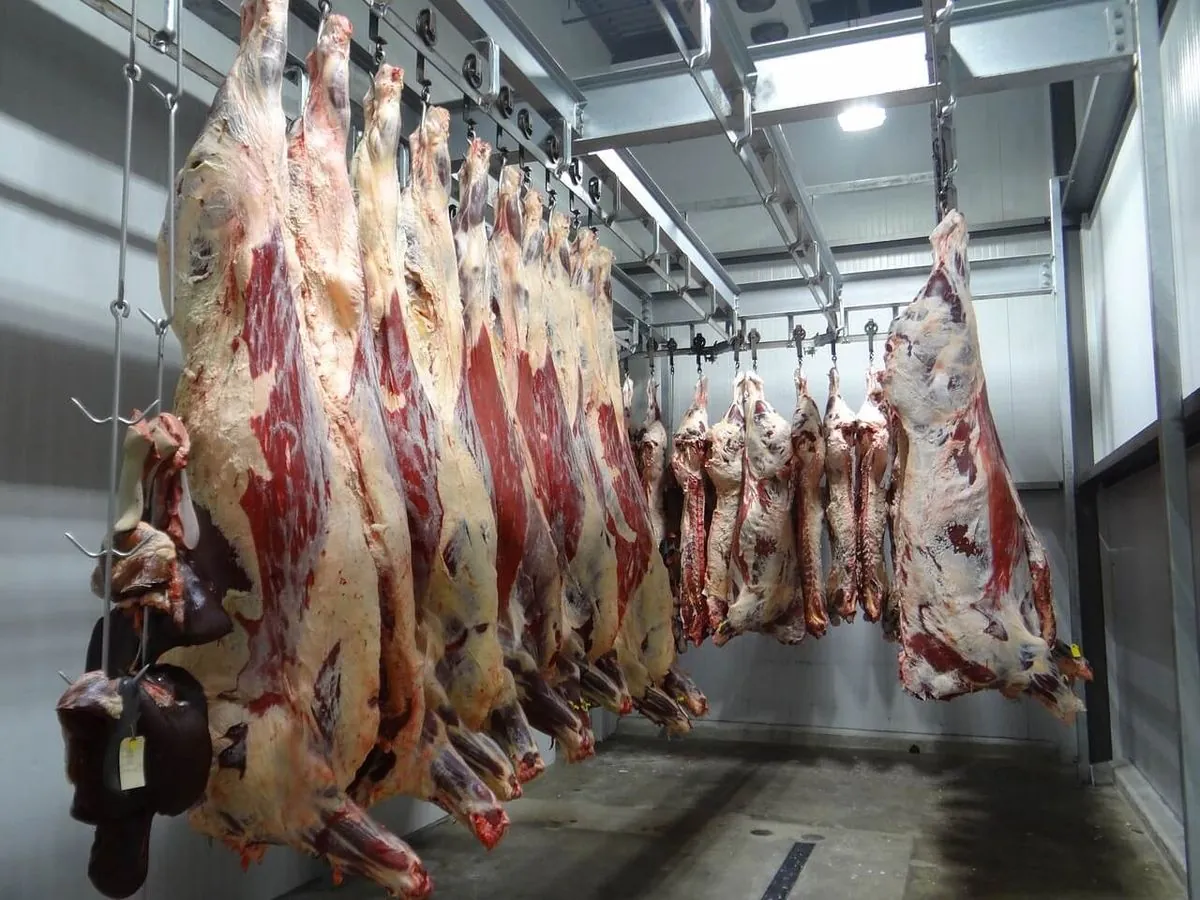The UK meat industry is grappling with significant challenges following the implementation of new immigration rules in April 2024. These regulations, introduced by the Conservative government, have raised the salary threshold for skilled worker visas by over £12,000 to £38,700, potentially impacting the recruitment of migrant butchers.
The British Meat Processors Association has expressed concern over the new rules, stating that companies may be forced to pay migrant butchers £38,700, a 49% increase from current salary levels. This situation could lead to a series of equal pay lawsuits from UK workers and ultimately result in higher food prices for British consumers.
The meat industry in the UK is a significant contributor to the economy, employing approximately 97,000 people and generating £8.2 billion annually. However, the sector heavily relies on EU citizens, who make up 70% of abattoir staff. The industry is struggling to recruit domestically, particularly for specialized roles in abattoirs and boning halls.
The new immigration rules have exacerbated existing challenges in the UK meat industry. The number of abattoirs has drastically declined from around 2,500 in the 1970s to just 203 today. This reduction poses risks to British livestock farming and food security. The UK's self-sufficiency in beef and veal production is currently around 75%, highlighting the importance of maintaining a robust domestic meat processing industry.
"If they can recruit neither British nor overseas workers they're left with one choice – contract their business and reduce the number of animals they buy from British farmers and the amount of food they produce in the UK."
The association has called for a more flexible approach to visa thresholds, advocating for a system that can adapt to different industries' needs. They have also urged opposition leader Sir Keir Starmer to fulfill his pledge of striking a veterinary deal with the EU, which could help remove some post-Brexit barriers to trade in perishable products.
The UK's meat industry plays a crucial role in the country's food security and rural economy. The red meat sector alone supports over 50,000 jobs in rural areas. Moreover, the UK is the third-largest beef producer in the EU, after France and Germany, and has the largest sheep flock in Europe with about 22 million sheep.
In response to these concerns, a government spokesperson stated that they have set out a plan to address historically high levels of legal migration by linking immigration, the labour market, and skills systems. They aim to train the domestic workforce and address skill shortages while introducing a new deal for farmers to strengthen food security and drive rural economic growth.
As the UK meat industry navigates these challenges, it continues to invest in automation and technology, with over £800 million invested in recent years. The sector has also set ambitious environmental goals, aiming to reach net-zero greenhouse gas emissions by 2040. These efforts demonstrate the industry's commitment to adapting and evolving in the face of changing regulations and market conditions.
